Edinburgh recently made waves by introducing a tourist tax, a small fee added to charges for overnight accommodation to help the city manage the impact of millions of annual visitors.
The tax aims to support local services, maintain popular attractions, and ease the strain on infrastructure.
The charge covers hotels, B&Bs, self-catering accommodation and rooms and properties let through websites such as AirBnB.
With the East Neuk of Fife also attracting its fair share of visitors – drawn by its charming fishing villages and stunning coastline – could this picturesque corner of Scotland benefit from a similar tourist tax?
What are the concerns of local business about a tourist tax?
Gillian Maclaren, who grew up in St Monans and is the chairperson of the East Neuk Local Tourism Association, opposes the idea of introducing a tourist tax in the East Neuk.
As a director of Pittenweem Properties, a small family-run business offering bespoke self-catering holiday lets, she has first-hand experience of the challenges faced by local accommodation providers.
“My own thoughts are that a tourist tax would be another blow to the many local businesses who rely on tourism,” she said.
“Not just accommodation providers, but also independent shops, cafes, restaurants, and activity providers who are already struggling with increased running costs and the financial implications of short-term let (STL) licensing and 200% council tax on second homes.”
Gillian says such a tax would likely make it harder for local businesses to maintain competitive rates, especially during a time when cost-conscious tourists might opt for destinations without the added financial burden.
“An added tourist tax would undoubtedly impact whether people chose to stay in Fife over an area without such a tax,” she added.
She believes a tourist tax could hurt employment, as the tourism industry is one of the area’s largest employers.
“If fewer people are staying and spending less while they’re here, that could have a knock-on effect across many sectors,” she said.
“There’s no clear indication of how a tourism tax would be collected or spent, and without guarantees that the money would be reinvested locally, it feels like another nail in the coffin for tourism here.”
What’s the political viewpoint?
Sean Dillon, Liberal Democrat councillor for the East Neuk and Landward ward, offers a more nuanced take on the issue.
While Fife Council currently has no plans to introduce a tourist tax, Mr Dillon is open to examining how Edinburgh’s scheme unfolds.
“Fife Council must take an evidence-based approach before supporting a tourist tax,” he said. He suggested that more data is needed to assess its potential impact.
“Tourism provides essential employment and benefits the local economy, and I wouldn’t want to take any action that could harm that”.
However, he is also aware of the pressures tourism places on local infrastructure and housing.
The local housing market, he notes, has become increasingly difficult for locals, particularly young people, due to second-home ownership and short-term lets.
“Too many of my friends and acquaintances have had to leave the villages their families have lived in for centuries because they’ve been priced out,” he said.
Fife Council has already taken steps to address this with STL licensing and a higher council tax rate on second homes, which have reduced the number of second homes in the region by 14%.
He sees potential for a tourist tax to ease some of the burdens on local infrastructure, such as waste management and public transport.
“A tourist tax could help alleviate problems like overflowing bins and congested roads, with funds used to hire more street cleaners or improve transport links,” he suggested.
However, he stresses that any funds raised should directly benefit the local community.
What’s the view of VisitScotland?
A spokesperson for VisitScotland noted that Scotland’s recent Visitor Levy legislation grants local authorities the power to introduce such a tax, allowing them to raise funds for local services and tourism infrastructure.
“If introduced in parts of Scotland, we believe the revenue raised should be reinvested in the local visitor economy through tourism infrastructure, facilities, and support to help destinations deliver on their ambitions for sustainable tourism,” the spokesperson said.
Recognising that tourism remains one of Scotland’s most vital industries, supporting jobs and businesses across the country, VisitScotland believes that a carefully implemented tourist tax could be an opportunity for long-term investment in the sector.
However, they acknowledge that the industry is still recovering from the challenges posed by the Covid-19 pandemic, and the introduction of a tax must be done with care.
The debate over whether the East Neuk of Fife could benefit from a tourist tax reflects a broader tension in the area – between the desire to protect the local economy and the need to manage the impact of tourism.
The scenic villages of the East Neuk have long been a magnet for holidaymakers, but that popularity brings both opportunities and challenges.
The question of whether the East Neuk of Fife should introduce a tourist tax remains unresolved. It’ll be part of a wider Scotland debate.
But what’s clear is that any decision will require careful consideration of the region’s unique economic and social landscape.
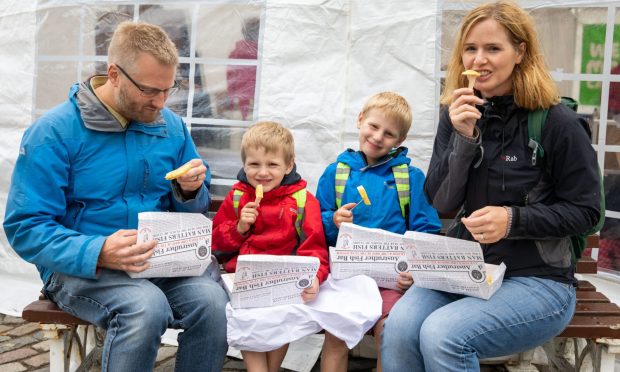

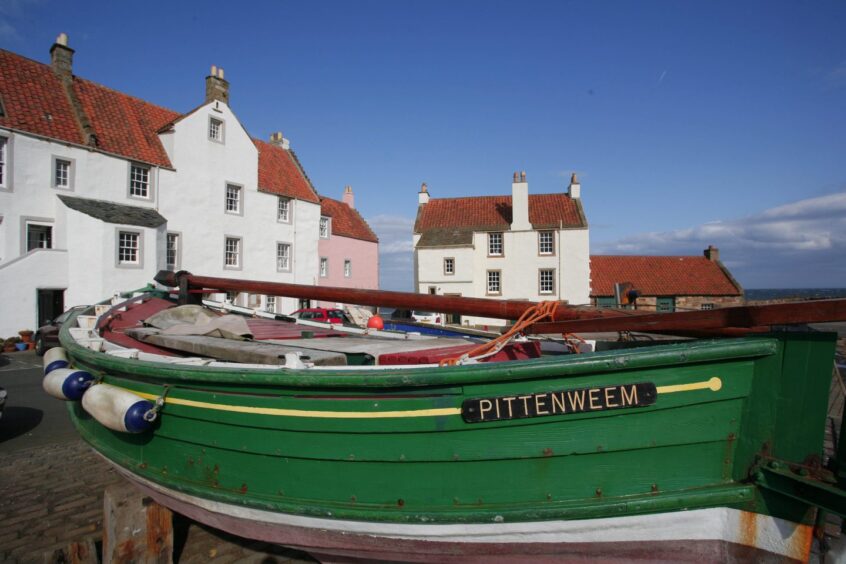

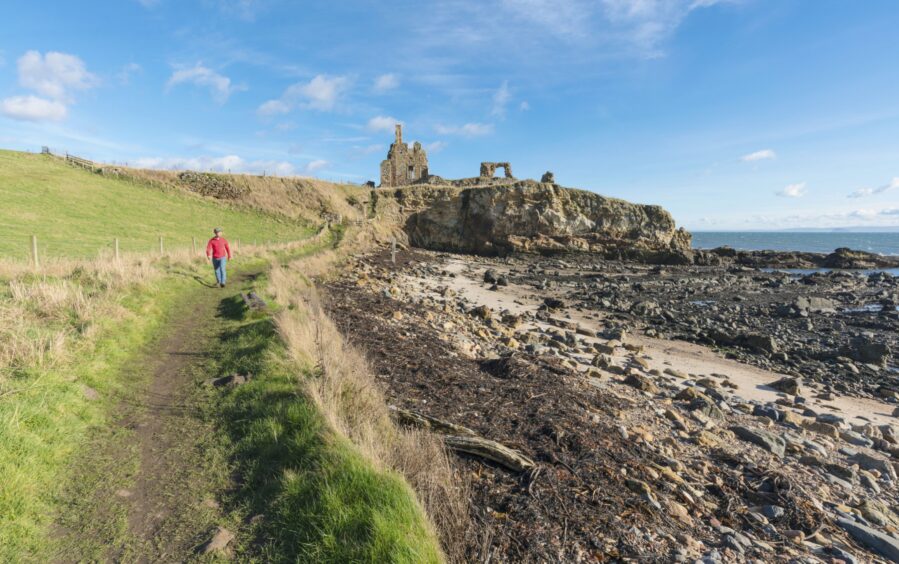
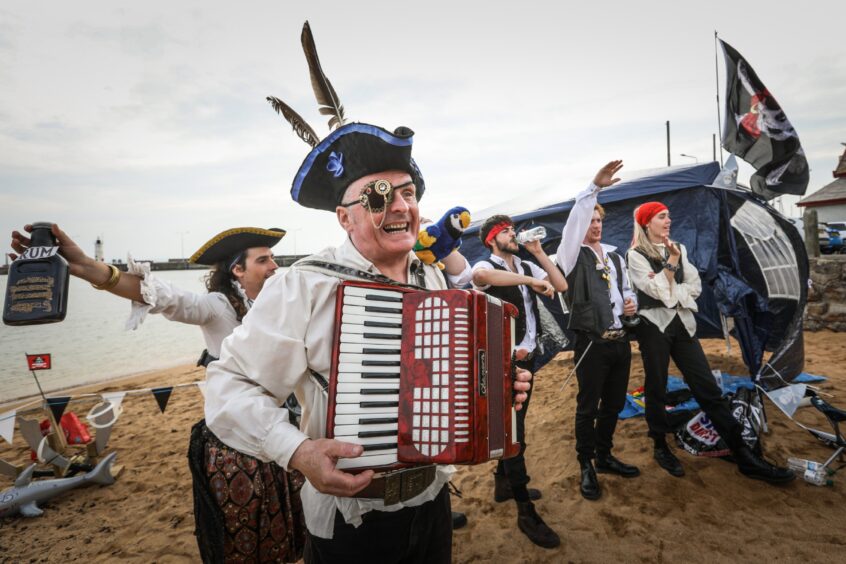
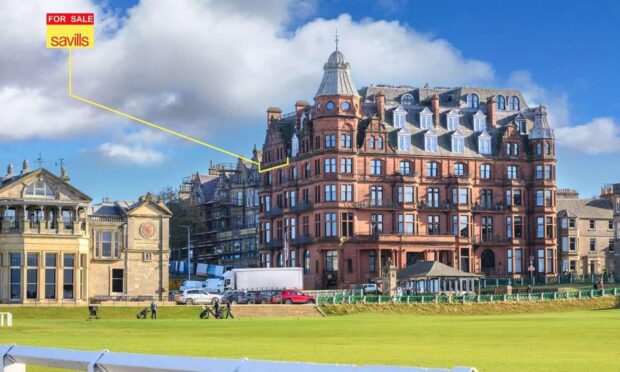
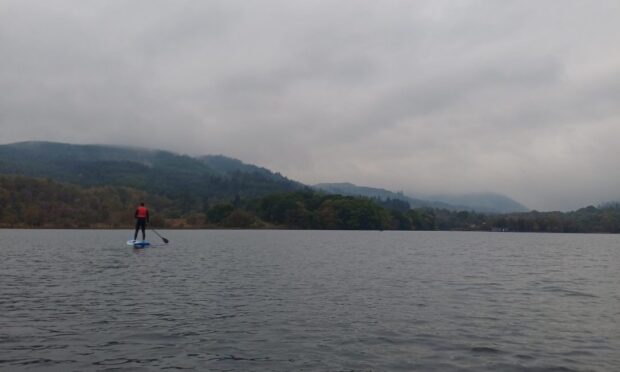
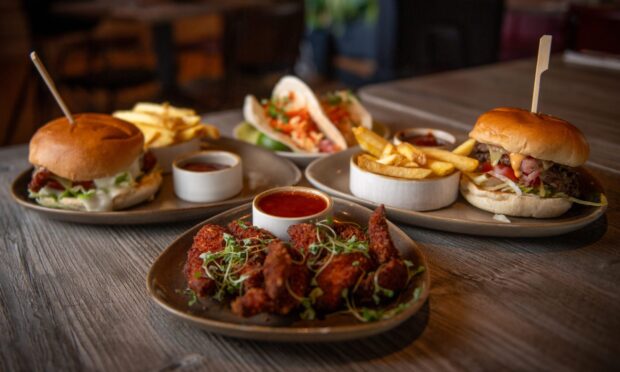

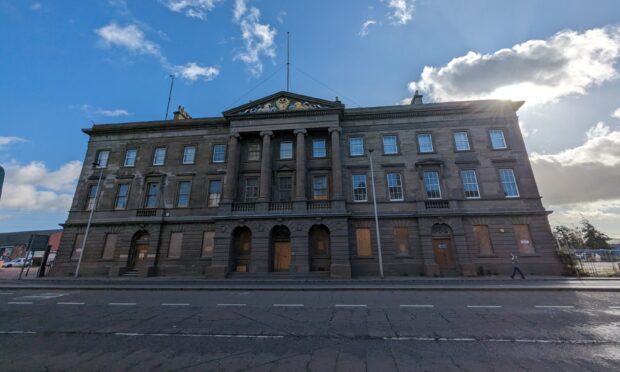


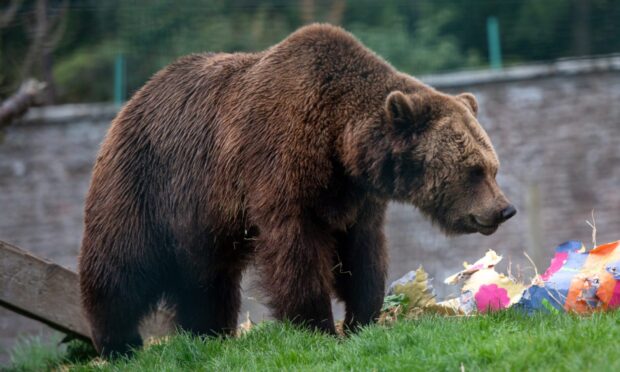
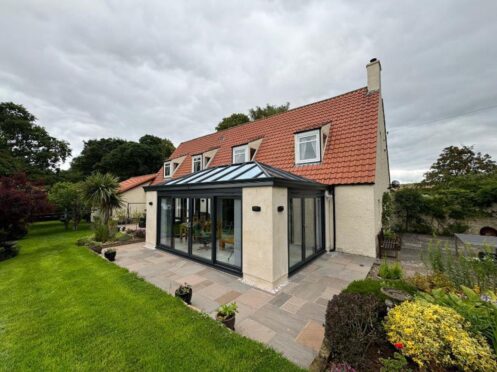

Conversation